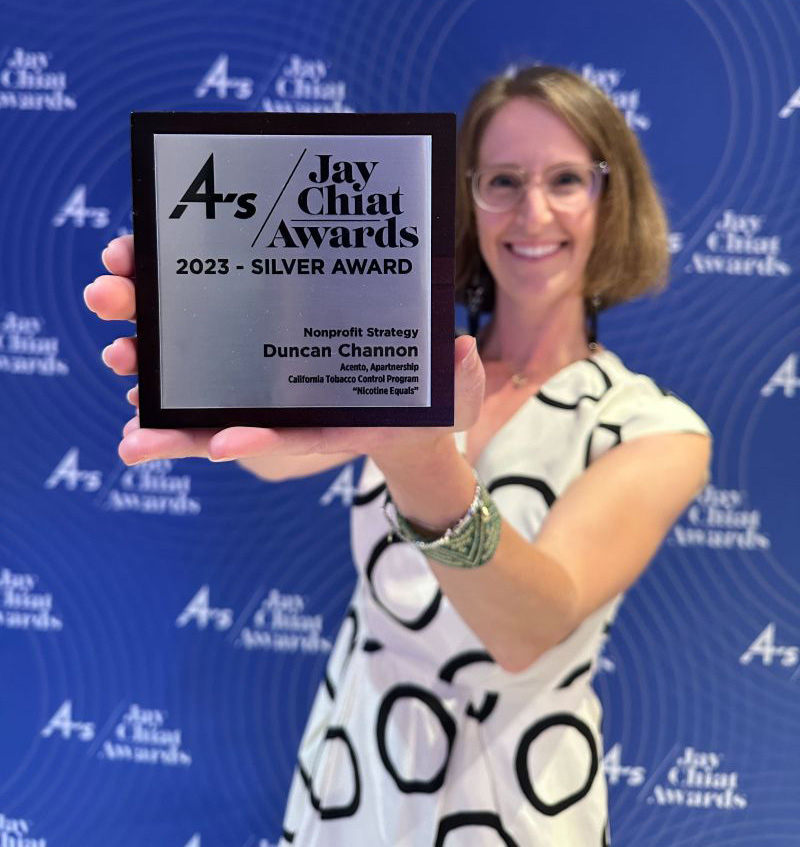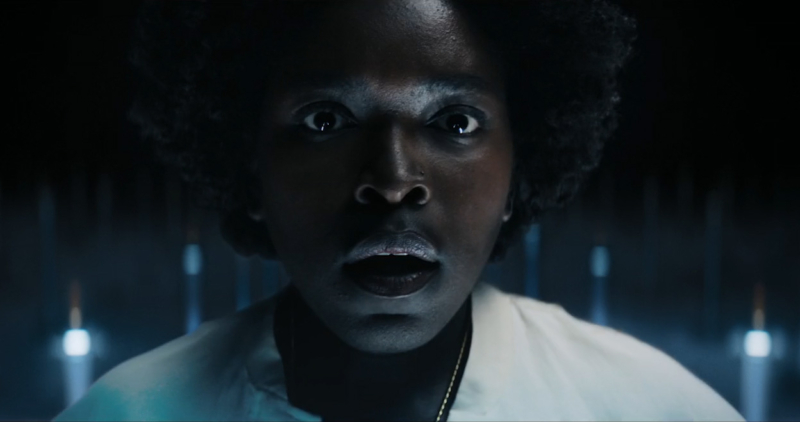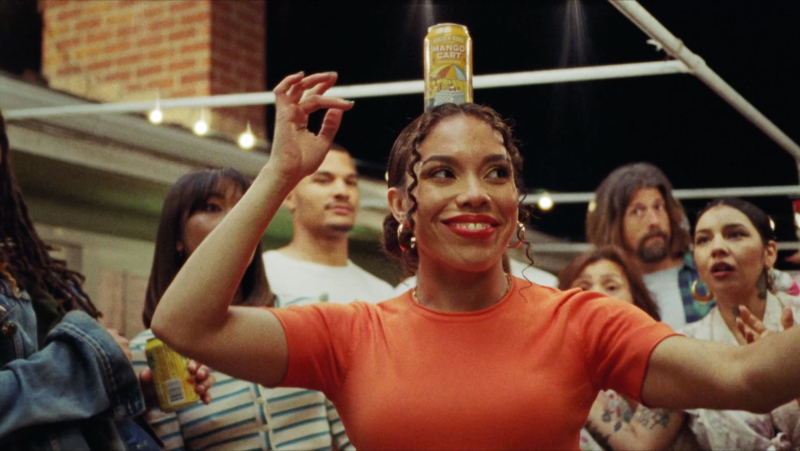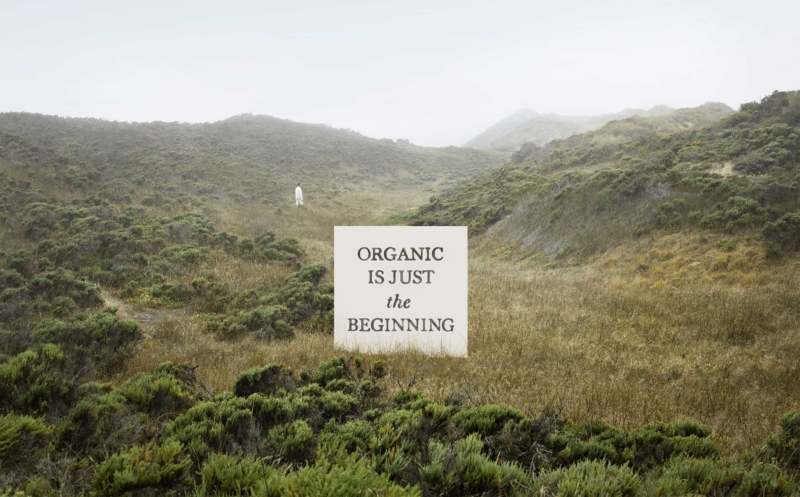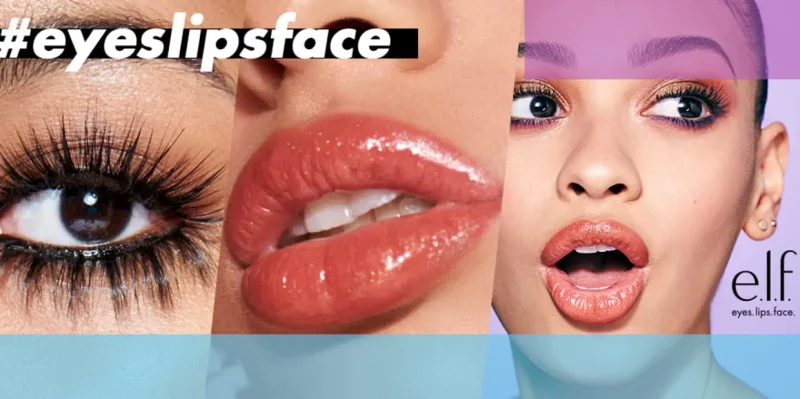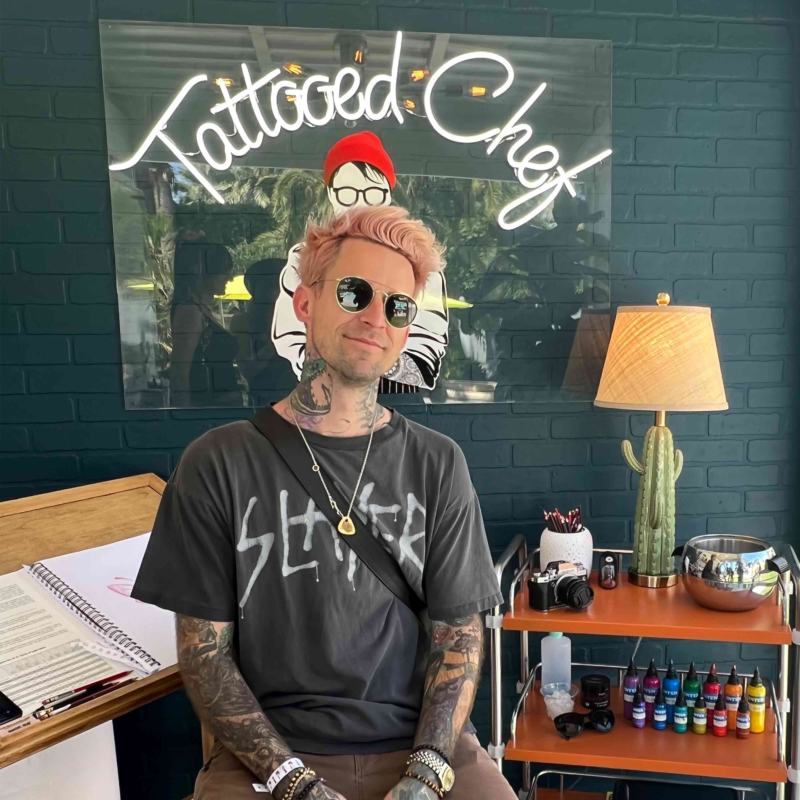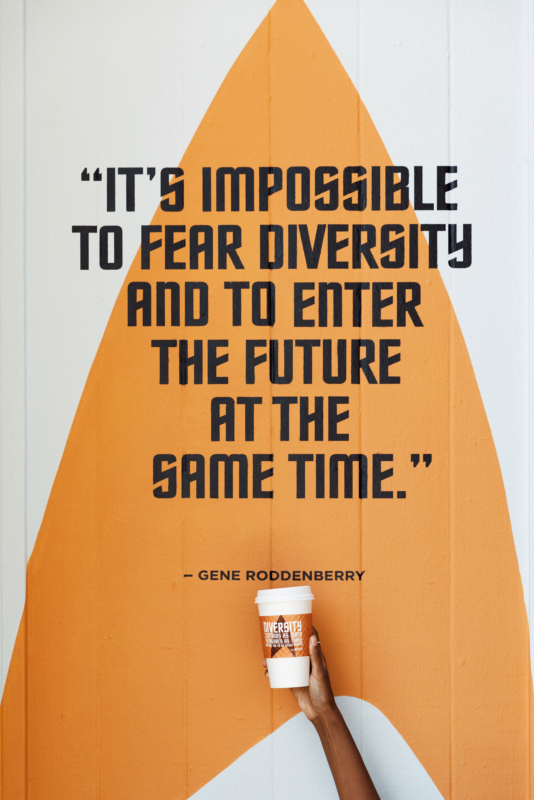News
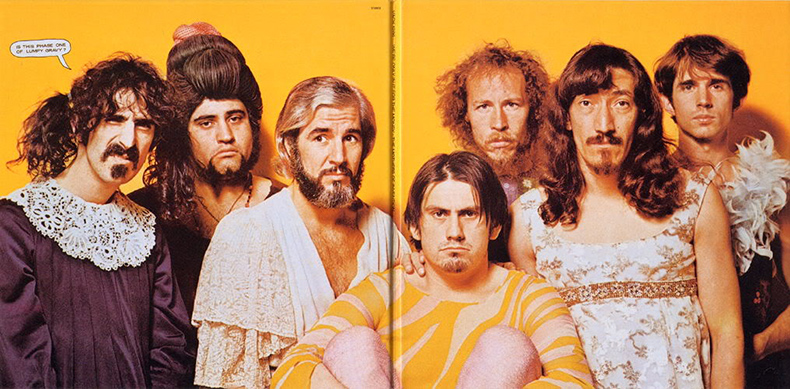
News of the death of Jimmy Carl Black seems as good an excuse as any to re-visit the extraordinary (and that doesn’t necessarily mean good) group of which he was a famous part. I’m talking about the Mothers of Invention — what later came to be known as Frank Zappa’s Mothers of Invention, after its single most famous part.
In truth, I didn’t even remember what Jimmy Carl Black played (drums). But I did remember what he said, the words unspooling from that hangdog face with a goofy, ironic earnestness: “I’m the Indian of the group.”
Even more, I remembered what he wore, especially, second from right, above, on the Mothers’ We’re Only In It for the Money album. A high-waisted, scoop-neck dress.
Of course, they were all in drag, with aggressively girly outfits beneath thinning hair, scraggly beards, or, in Jimmy’s case, trademark puffy eyes, goatee and long, black, 1940s-wavy locks. They stared at the camera, scowling or sincere or slightly discombobulated — but never mugging or laughing. And, in drag or out, they easily took the prize as ugliest band in the world (and that does necessarily mean good).
Ugliness-wise, Jimmy and the Mothers were the inescapable precursors to Bonnie Prince Billy or Les Savvy Fav’s Tim Harrington. Or any of a dozen modern rockers who’ve learned to defiantly embrace their hopelessly ordinary faces and physiques. Dial it down a bit, in fact, you get to our pal Craig Finn, the improbably accountantish lead singer of the Hold Steady.
And if the way this band looked was definitely funny, it also was, at the same time, definitely not. Whether merely ugly or ugly and in drag, the Mothers of Invention represented the angry side of a Flower Power movement that Zappa always refused to embrace and usually mocked. Their public image, even more than their music, was a rebuke and a dare to all who would buy records, implacably pissing on the pretty and the popular (“No Commercial Potential,” a quotation from a record company A&R man, was their motto) — including the omnipoptent Beatles, whose Sgt. Pepper’s album cover We’re Only In It for the Money pointedly mocked (and who sued, causing the Mothers’ record company to release the gatefold cover inside out).
Part of the problem with Zappa’s songs (as opposed to his concepts and imagery) was exactly that persistent anger, especially as it curdled into bitterness or inflated — mostly inflated — into arrogance and condescension. The words were clearly written by a guy (kinda like me — or you? — come to think of it) who went to the high school dance just to make fun of the band and the lame dancers. It is relevant that the album Hot Rats, his enduring masterpiece, was lyrics-free — with the exception of one great avant-blues, “Willie the Pimp,” sung by Captain Beefheart, Zappa’s childhood buddy.
Yeah, Captain Beefheart and Frank went way back. The Mothers’ story has some long, juicy tentacles. Which is part of the reason they’re fun to write about. But from the first moment my friend Kevin put them on in the garage when we were credulous 13-year-old rockers, they weren’t so much fun to listen to. Funny, yes. And sometimes, we thought at that pubescent time, incisive. A lacerating critique of American materialism. But not fun. And not ultimately satisfying. And today, I think, dated.
But at the time they were as outrageous as they come. Original. Improbable (“No commercial potential,” indeed). And necessary. They expanded the palette and possibilities of pop, even as they disdained it. Without the Mothers, no Flaming Lips, no Ween, no Guided by Voices, no Ramones maybe and no Sex Pistols, maybe no Beasties, no P-Funk, no Saturday Night Live, no Spike Jonze (the director, not the comedy singer he named himself after) or Charlie Kaufman. The record label Zappa created in 1968 (among the first rocker-run labels, founded almost simultaneously with the Beatles’ Apple) even put out the first Alice Cooper album, Pretties For You — speaking of ugly — back when they were still scary — speaking of drag — not to mention still they, a band, not just him.
No doubt I’m getting carried away, but you get the point.
The Mothers of Invention were really important. And so was Jimmy Carl Black. And while Frank always thought himself deep, his/their importance probably had more to do with the surface than the songs. But it was a deep surface.
So I was amazed, amused and a little saddened to read in his obiturary that Jimmy Carl Black, a veritable avant garde luminary, had spent his time after the Mothers making doughnuts for a living in Austin and later started a painting business with another avant garde luminary Arthur Brown, the madman English singer of The Crazy World of Arthur Brown fame. To imagine the two of them arriving at your house with buckets and brushes almost seems like another Mothers joke — another too-easy one about the ignorance and philistinism of American consumerist culture. But, again, a funny one. And sometimes true.
So in tribute to Jimmy Carl Black, why not give a listen to Zappa’s Hot Rats (which, alas, Jimmy doesn’t play on) as you browse through pictures of the Mothers of Invention and discover a time when people were making all this shit up.
